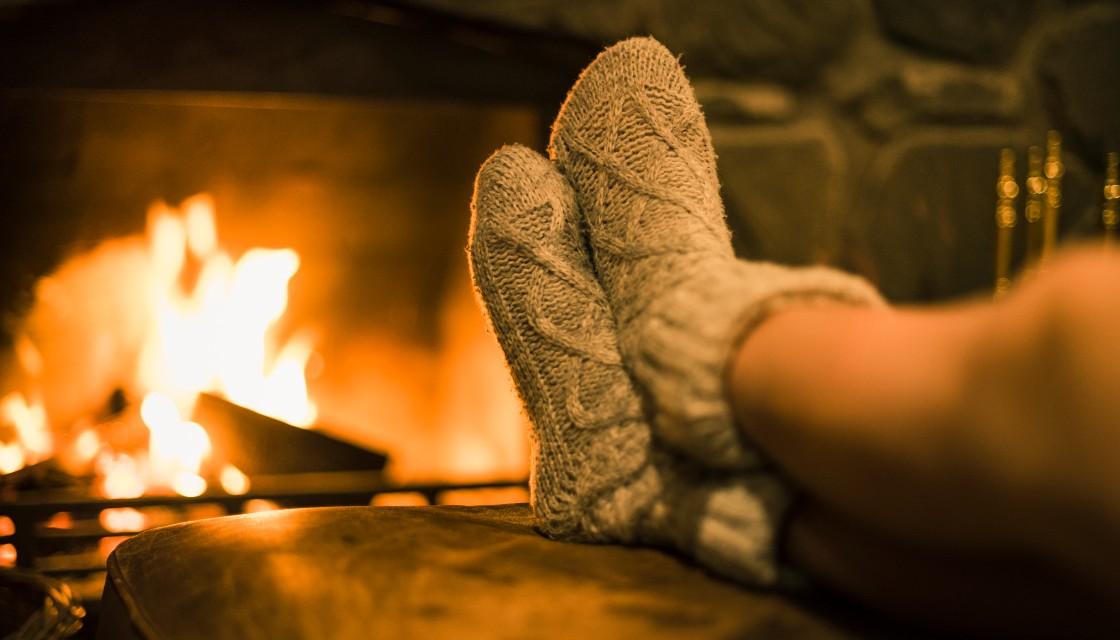
As winter approaches the southern hemisphere, experts predict behaviour changes in coronavirus and humans will impact the spread of the virus.
COVID-19 originated in Wuhan, China during the country's winter season before spreading around the world, with the most affected countries all located in the northern hemisphere.
But now as the northern hemisphere grows warmer and the southern grows colder, the behaviour of the virus is expected to change.
Experts say there are three main interconnecting effects the change of seasons will have on the virus in the coming months, The Guardian reported.
Temperature can affect the virus directly
One study by researchers at a university in Guangzhou, China analysed more than 24,000 COVID-19 cases worldwide from January 20 to February 4
"The study found that, to a certain extent, temperature could significantly change COVID-19 transmission, and there might be a best temperature for the viral transmission, which may partly explain why it first broke out in Wuhan," the study says.
"It is suggested that countries and regions with a lower temperature in the world adopt the strictest control measures to prevent future reversal."
Viruses are also known to have a temperature range, The Guardian reported, where they can survive longer or shorter depending on the conditions.
While it is not known how long COVID-19 can survive on surfaces, studies on other viruses Sars and Mers were found to survive on metal, glass and plastic for as long as nine days if not properly cleaned. In cooler temperatures, they could stay for up to 28 days.
Changes in Human Behaviour
Currently, residents have been trying to make the most of the nice weather with plenty of people flouting lockdown rules to spend time at beaches, or even going on a mountain bike.
But if New Zealand continues to stay in lockdown during winter, it is expected to become easier to keep citizens in lockdown with people tending to spend more time inside in the cooler months.
This change in human behaviour could also change how the virus is spread.
Dr Meru Sheel of the National Centre for Epidemiology and Population Health at Australian National University told The Guardian people interact more in winter.
Breathing the same air and touching, sneezing, and interacting with the same surfaces more could lead to an increase in the spread of COVID-19.
As a result, people who have tested positive may be encouraged to isolate in a location where they are not in contact with anyone else.
The circulation of other viruses can affect immunity
Researcher Tom Kotsimbos told The Guardian as the winter flu season approaches he is concerned the body's defences will already be weakened.
"On an individual level, if you get a virus when your defences are already down from a recent viral infection, then that could be increasingly challenging with the progression of the disease.
"Previous studies have suggested that if you have recently recovered from a viral infection then your innate immune systems may actually be bolstered and that might help with subsequent attacks."
There is also the problem that the healthcare system gets put under more strain during the flu season, which added with the COVID-19 pandemic will put it under "incredible stress".
Experts are asking the public to get vaccinated for the flu to try and minimise the load on the medical profession, but there are reports New Zealand is already running out of jabs.
On Wednesday Newshub learned one of the country's main supplies has run out of stock.
While pharmacies are thought to be well-stocked, doctors say they are experiencing a shortage.
"The issue with the supply of flu vaccines in New Zealand at the moment is really frustrating and infuriating and actually, in my opinion, quite dangerous," Lumsden GP Dr Matthew Stokes previously told Newshub.
He says he's had to cancel hundreds of flu jab appointments.
"This is across hundreds of patients...It's just not sustainable, especially considering the pressures we're under with COVID."


